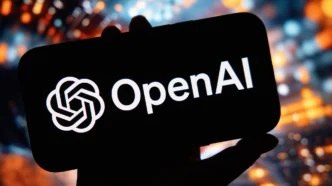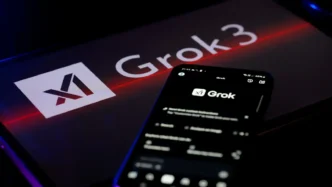OpenAI has launched Codex, a smart cloud-based agent built for software engineers. It can write code, fix bugs, run tests, and handle many tasks at once. Codex works inside secure environments that are tailored to your codebase.
Sam Altman, CEO of OpenAI, described it simply. “Codex is a software agent that can build features or fix bugs for you. It runs in the cloud and can take on many tasks in parallel,” he wrote on X.
Codex isn’t just a tool. It’s an AI teammate trained to work like a focused, high-performing developer. Powered by codex-1, a refined version of OpenAI’s o3 model, Codex learns through real-world coding tasks using reinforcement learning. It delivers clean, tested code—just like a disciplined engineer would.
You can access Codex through the ChatGPT sidebar. Just type your request and hit “Code” or “Ask.” It reads your repo, runs tests, edits files, checks types, and even applies linting rules. Every task happens in a separate cloud sandbox. Depending on complexity, tasks take from 1 to 30 minutes.
When done, Codex commits the changes and shows logs, test results, and each step it took. You can review everything, push changes to GitHub, or sync with your local setup. It’s transparent by design.
Want to guide how Codex behaves? Add an AGENTS.md file to your repo. This file gives Codex instructions on how to test, contribute, or navigate your project. It’s like a README—just for your AI assistant.
Codex already shows strong results. On real-world engineering tasks, it reaches up to 80% pass@1 accuracy, beating earlier models like o1 and o4-mini. Even without AGENTS.md, it performs reliably.
OpenAI also focused on safety. Every action Codex takes is traceable. If it runs into a problem—like a failed test—it flags it clearly. That level of visibility helps engineers catch issues early and build trust.
Still, OpenAI stresses one thing: always review agent-generated code before merging or deploying. Codex helps you move faster, but humans stay in control.
Codex is rolling out now to ChatGPT Pro, Team, and Enterprise users. Support for Plus users is coming soon.
With Codex, OpenAI moves us closer to a future where AI helps ship clean, reliable software—faster than ever.













